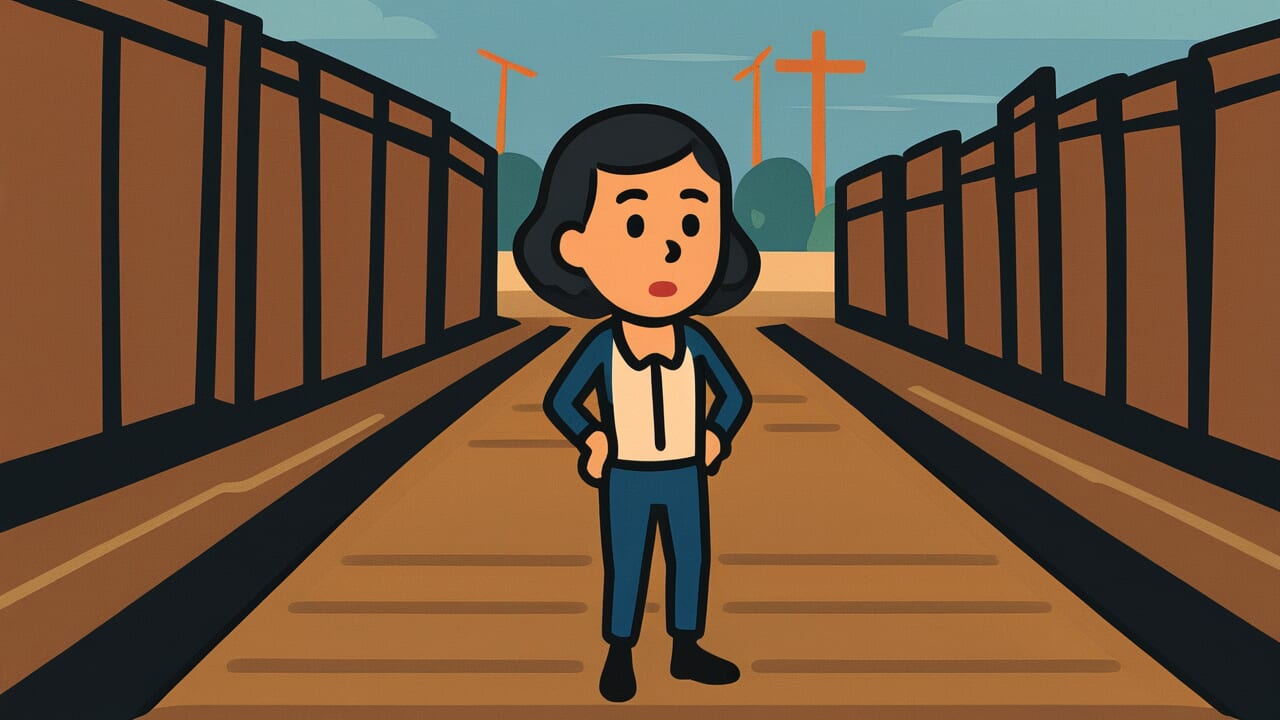How to Read “Boasting is the dead end of wisdom”
Jiman wa chie no ikidomari
Meaning of “Boasting is the dead end of wisdom”
This proverb warns that boasting about your knowledge or abilities prevents further learning and growth.
When people boast, they believe they already have enough knowledge and skill. This belief makes them lose the humble attitude needed to learn new things.
As a result, their intellectual growth stops. They can’t move forward anymore.
People use this proverb when someone shows off their knowledge or refuses to listen to others’ opinions. You can also use it to remind yourself to stay humble.
In modern society, social media encourages self-promotion. But truly wise people always keep learning.
Boasting might give you temporary satisfaction. However, this proverb teaches that it’s a dangerous act that limits your potential in the long run.
Origin and Etymology
The exact first appearance of this proverb in literature is unclear. However, the structure of the phrase offers interesting insights.
It connects two contrasting concepts—”boasting” and “wisdom”—through the visual expression “dead end.”
The word “jiman” (boasting) refers to showing off your good points. In Buddhist thought, “man” (pride) has been considered one of the mental afflictions.
Overestimating yourself and looking down on others clouds your ability to see truth. Meanwhile, “chie” (wisdom) means more than just knowledge—it’s the power to understand the essence of things.
The expression “ikidomari” (dead end) describes a road that breaks off with nowhere to go. This metaphor is very clever.
It represents how boasting blocks the path of intellectual growth using the concrete image of a “dead end” that everyone has experienced.
Similar teachings appear in educational books from the Edo period and moral education materials from the Meiji era.
This suggests the proverb formed within Japanese culture, which values humility. It condenses the Japanese value of continuous learning over self-praise.
Usage Examples
- He only boasts about his success from his youth, but boasting is the dead end of wisdom—he hasn’t grown at all lately
- Since boasting is the dead end of wisdom, I shouldn’t be satisfied just because I got this certification—I need to keep learning
Universal Wisdom
Humans have a fundamental desire for recognition. Wanting others to acknowledge your value and think you’re excellent is a natural feeling everyone has.
However, this proverb shows the danger of drowning in that desire.
A deep contradiction hides behind the act of boasting. The desire to prove you’re superior is actually a sign of anxiety about your own worth.
People who are truly confident don’t feel the need to boast. Boasting might be a defense mechanism to hide inner insecurity.
More importantly, the moment you boast, you stop learning. The attitude “I already know” or “I can do it” closes the door of your mind to new information and perspectives.
Great sages throughout history have preached humility because they understood this truth.
Human wisdom must keep flowing like a river, or it stagnates. The moment you stop at the dead end of boasting, that flow stops and growth ends.
Our ancestors saw through this human nature. They condensed it into brief words and passed it down to future generations.
When AI Hears This
Information theory has a principle that systems need “uncertainty” to keep learning. In other words, the state of not knowing something becomes the entrance for taking in new information.
When you view a boasting person’s mind as an information system, an interesting phenomenon occurs.
By repeatedly outputting their own knowledge and achievements, the brain receives the signal “I already know enough.” Then information entropy—the value showing “how much you still don’t know”—approaches zero.
In other words, you fall into the illusion that your knowledge is perfect.
In communication systems, this is like transmitting constantly while closing your receiving antenna. For example, someone who talks continuously without listening to others is blocking the channel for new information themselves.
Shannon, the founder of information theory, showed that information quantity is proportional to “unpredictability.” But people who boast believe their predictions are always correct, so they can’t receive unexpected information from their surroundings.
What’s more serious is that this state reinforces itself. Because new information doesn’t come in, you cling to existing knowledge.
Because you cling, you reject new information even more. This is the “heat death” of an information system—a state where updates have completely stopped.
Wisdom reaches a dead end precisely at this moment when the flow of information stops.
Lessons for Today
Modern times make self-expression easy through social media. We’re tempted to show off our achievements.
However, this proverb reminds us of something important. True growth exists within humility.
When you accomplish something, feeling proud is wonderful. But instead of stopping there to boast, try maintaining the attitude of “What should I learn next?”
Success isn’t a destination—it’s an entrance to new learning.
At work or school, people who can honestly say “Please teach me” learn more and grow more than those who show off their knowledge.
The courage to admit your ignorance is actually the wisest attitude.
There’s something you can practice starting today. When talking with someone, try increasing the time you listen rather than speak.
When you want to share your experience, pause and think whether there’s something you can learn from the other person.
That small change will transform your path of wisdom from a dead end into a road that continues infinitely.



Comments